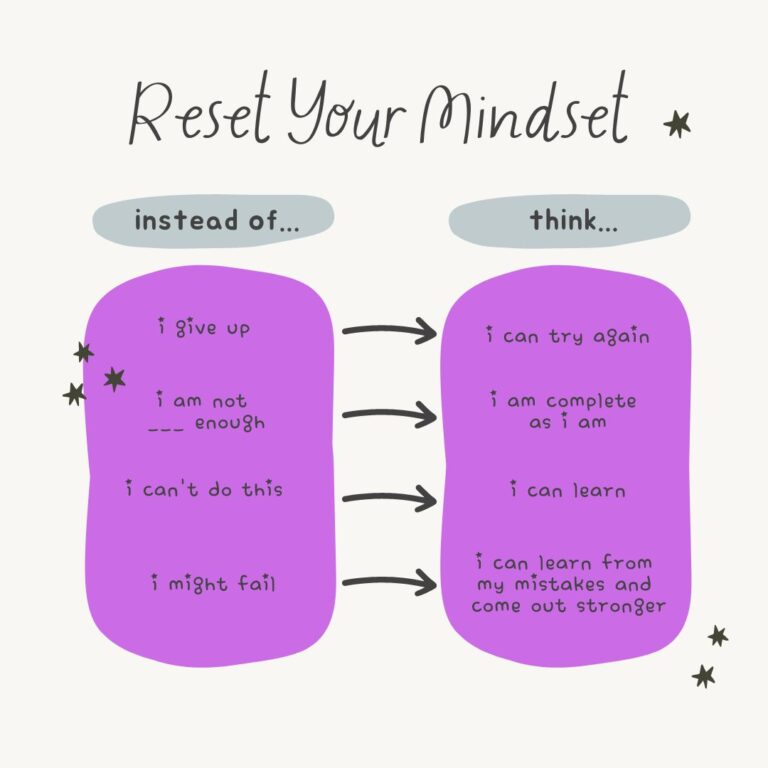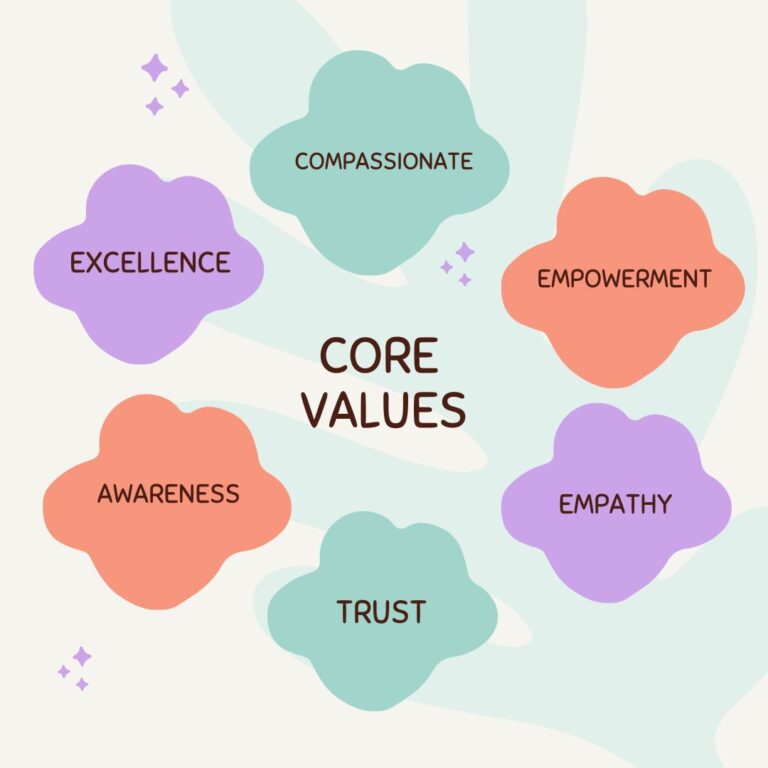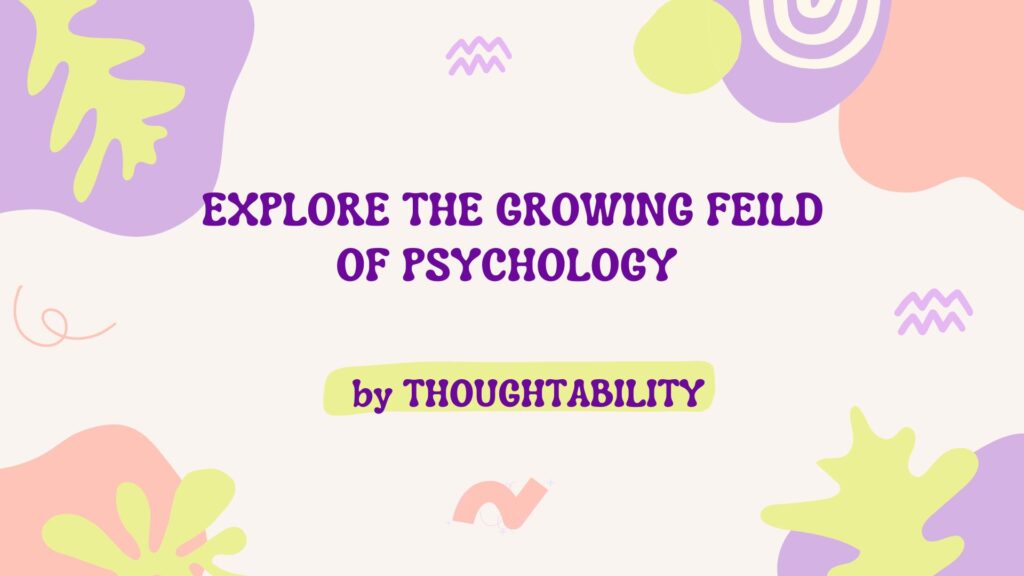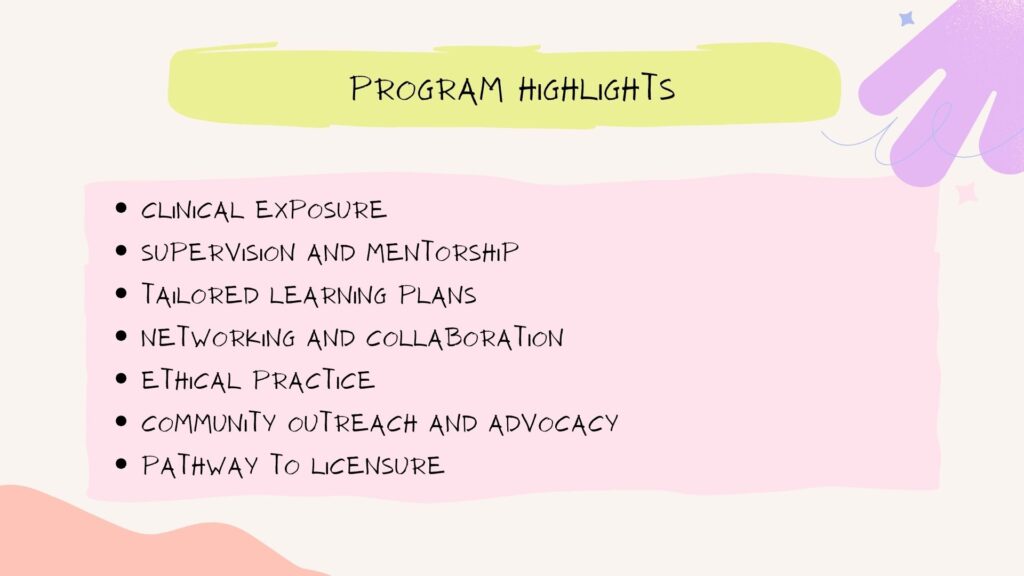-
MENTAL HEALTH RESOURCES
-
About Thoughtability
-
Psychology Internship
-
Book a Therapy Appointment
-
5 Mental Health Applications in 2023 that can boost your Mental Health
The covid-19 pandemic has led to the increasing development of mental health apps! During pandemic and the post-pandemic period, we all have seen the increased prevalence rate for mental illness. Not only the physical health but mental health was also affected during the global pandemic. The lockdowns, where in everyone was trapped with their families, without any social contact, was known as ‘social distancing’ which was initiated by the government. Most of the people were financially affected as well, due to the closure of workshops and offices, they were unable to provide their families with basic necessities like food, etc. Most organizations also saw an increased rate of employee absenteeism and turnover, that is when the hybrid culture came into practice. People started working from home and the meetings were held online, on platforms such as Zoom, Google meet, etc. Not only the work culture was affected but student’s education was affected as well, they started having online classes and exams (open book examinations). The affect of the pandemic was evident in every country of the world and it’s harsh realities were experienced as well. That’s when people started to prioritize mental health more because of the increasing prevalence rate of anxiety, depression, obsessive compulsive disorder, post-traumatic stress disorder, etc.
Effectiveness of Mental Health Apps
The overpriced therapy sessions have led people to download various mental health apps that are available today, especially in India. The Mental Health apps offer various facilities to the consumers to keep a mental health check in, like filling out questionnaires that helps in being aware about our feelings and emotions. Some mental health apps also match the clients with a licensed therapist who is trained, experienced and accredited based on the client’s needs and preferences. These apps also provide a schedule of the therapist, to which the client can book a session comfortably. Clients can also ask questions whenever possible, gain insights, feedback and guidance. But these apps have a monthly and an yearly subscription where in they get to use these important facilities. People prefer these mental health apps over going to an offline therapy session with a psychologist.
Mental Health Apps- Replacement for Therapy
But the question is- are mental health apps, a replacement for therapy? Mental Health apps are not a substitute for therapy. They can provide awareness with respect to your mental health, through a mental health check in and a questionnaire. They ask you questions regarding your mental health like- how have you been feeling today, what emotions are you experiencing, any physical symptoms related to it, etc. This can help gain an insight regarding your mental condition, and what you can do about it. But these apps are not an alternative for therapy, although there are apps which also provide connecting with licensed psychologists but it is quite overpriced as compared to the normal charges of therapy in India. An average psychologist in India charges 1500/- per session, duration is for 60 minutes. Mental health apps can provide with helpful resources that can help improve your mental health like improving sleep cycle, reducing stress, working through mild relationship and family troubles, etc. But when it comes to severe and chronic mental health conditions like Depression, Schizophrenia, OCD, PTSD, Personality disorders, etc., people need to approach a licensed and experienced mental health professional, especially a clinical psychologist. People are concerned more for their physical health than mental health in India, they go to a physician whenever required but when it comes to mental health, no one is ready to pay for therapy. People are not to be blamed for this but it is the stigma that is attached to mental health that needs to change in a positive light.
Top 5 Mental Health Apps of 2023
1. BetterHelp

This mental health app has over 30,000 trained, experienced, and accredited therapists. It covers a wide range of areas- depression, anxiety, family therapy, individual therapy and couple therapy. It provides support through resources that help in overcoming personal changes. BetterHelp provides a number of features-
- Matching with the right therapist
- Unlimited messages to therapist
- Schedule live sessions with your therapist
- Gain access to webinars.
The cost of therapy at BetterHelp ranges from $60 to $90 (for every four weeks), it can be higher as well based on a number of factors like location, preferences and therapist availability. A traditional therapy can cost over $150 for a single session as compared to the low costs of BetterHelp.
2. Talkspace

This app is the most convenient and affordable way to improve your mental health. Through the comfort of the client’s device, they can connect with their therapist through text, video or audio calls. It provides high-quality mental health care to anyone who is aged around 13 and more. In a research study which was conducted on participants regarding the effectiveness of Talkspace, 81% of the participants reported that this app is more effective than an offline therapy session. In only two months, there were significant improvement of depressive symptoms and anxiety.
It has the following features:
- This app provides insurance for sessions.
- Children at the age of 13 and above are eligible to use this app.
- Connect with therapist easily.
- Provides individual, teen and couples therapy.
3. Calm

Calm app has been proved to be No.1 app for sleep, meditation, relaxation. It used music therapy to calm our nerves that help us to have a peaceful sleep. It also includes guided meditation, breathing programs, exercises and relaxing music. Calm has also been recommended by psychologists, therapists and mental health experts.
It has sleep stories as well that can help people who have difficulty sleeping like wonder story by Matthew, blue good by Stephen Fry, happy little Zzzs with Bob Ross and many more. Mindfulness topics include- managing stress, forgiveness, non-judgmental, deep sleep, happiness, relationships, etc. It includes the following features:
- 21 mindfulness program
- Breathing exercises
- Soundscapes
- 10 minutes meditation program
4. Headspace

Headspace has been awarded for creating a social impact on the society by Apple. Just like Calm app, it provides guided meditation, mindfulness and exercises on subject s like stress, anxiety, building resilience and many more. Headspace is a everyday mindfulness and meditation app, that can help us to learn how to relax, manage stress, finding focus, releasing stress and general anxiety.
It’s features include:
- Daily meditations
- Sleep sounds
- Stress relief and coping meditations
- Centered fitness and tension release
5. Happify

Happify has science-based activities and games that can help us overcome negative thoughts, stress and life challenges. 80% people who use Happify app regularly report feeling better about their lives in just 2 months. The techniques included in the app are all developed by some leading scientists and experts who have been studying evidence based interventions in the field of positive psychology. It has the following features-
- Unlimited access to 65+ tracks
- Unlimited access to games and meditations
- Helps in tracking progress everyday
- 20-page character strength report
Free Mental Health Apps by LoveYourHealing
Frequently Asked Questions
1. Do we have an Indian mental health app?
There are mental health startups in India that are providing therapy and support at low prices. In a country like India, where the stigma related to mental health is higher and the rate of mental illness is increasing as well, more mental health apps should develop. Some of the apps are:
- YourDOST
- Evolve
- Wysa
- Inner hour
- Manas
2. Are mental health apps better or offline therapy sessions? It depends upon the severity of the mental health conditions of the individual seeking help. Severe conditions like depression, schizophrenia, personality disorder, OCD, etc. It is not a substitute for therapy but it can count as counseling.
3. When should we use a mental health app?
If an individual is experiencing emotional distress, examination anxiety, stress, depression, grief/losing a loved one, relationship problems, etc. they can use the features that are provided in the mental health apps like mindfulness techniques, meditation, sleep sounds or connect with a therapist, etc. It can also help us deal with day-to-day problems like insomnia, lack of focus and procrastination.
4. What are the other ways to improve our mental health?
It is a subjective question, because improving our mental health depends upon us. Resources for reliving stress or anxiety can be different for everyone, one might feel relaxed after talking to a friend or by journaling their thoughts. Some of the ways to boost mental health that can be helpful-
- Practice self care
- Journal
- Talking/venting
- Get good sleep
- Connect with others
- Take a walk and self-reflect
5. How can I know, which mental health app is the right one?
The right mental health app depends upon your needs and preferences. Finding the right mental health app can do wonders to one’s mental health, especially if you find what you are looking for.
Here are some suggestions given by American Psychiatric Association:
- Features- choose the app which offers your needs, things that you need help with like anxiety, depression, stress relief, etc.
- Compatibility- some apps might be available on play store while others might be available on apple store, choose that app that is available on every platform.
- Evidence based- select that app which has been proven beneficial to the users.
- Privacy and security- check for clear privacy policies of mental health apps especially because of confidentiality and ethical issues.
-
Hello world!
Welcome to WordPress. This is your first post. Edit or delete it, then start writing!










